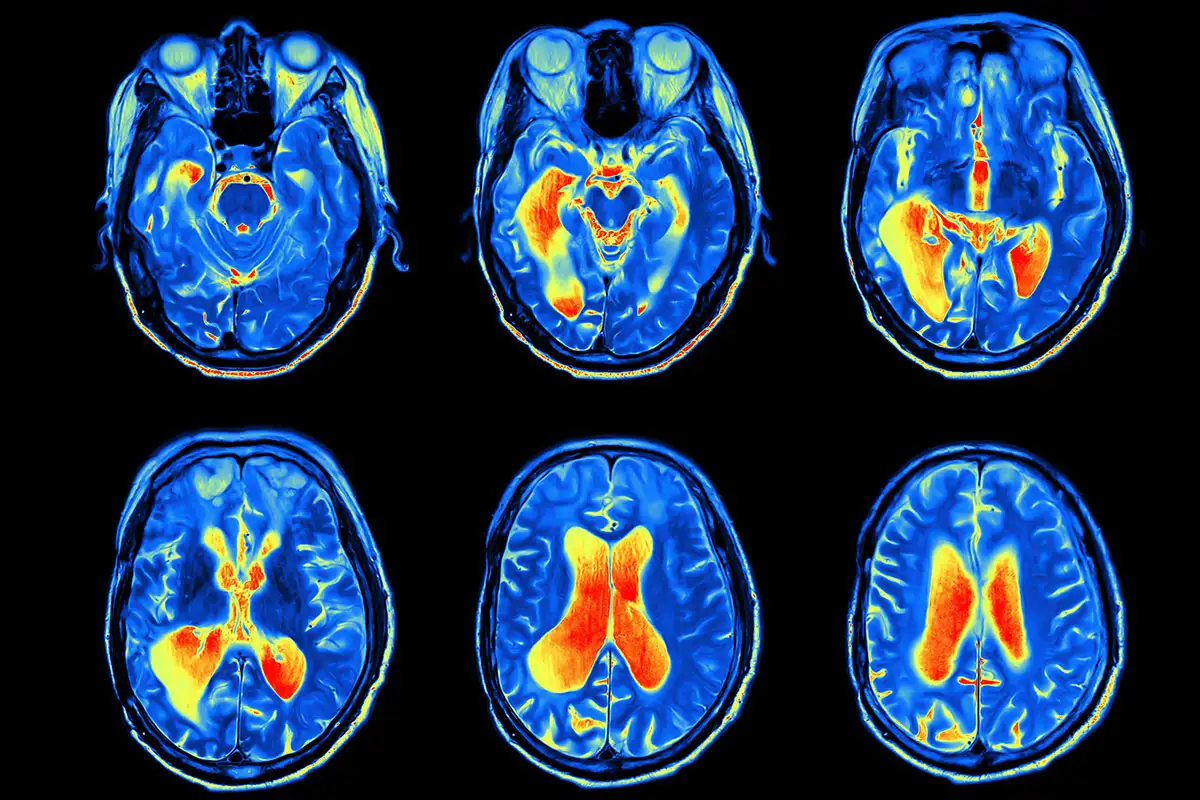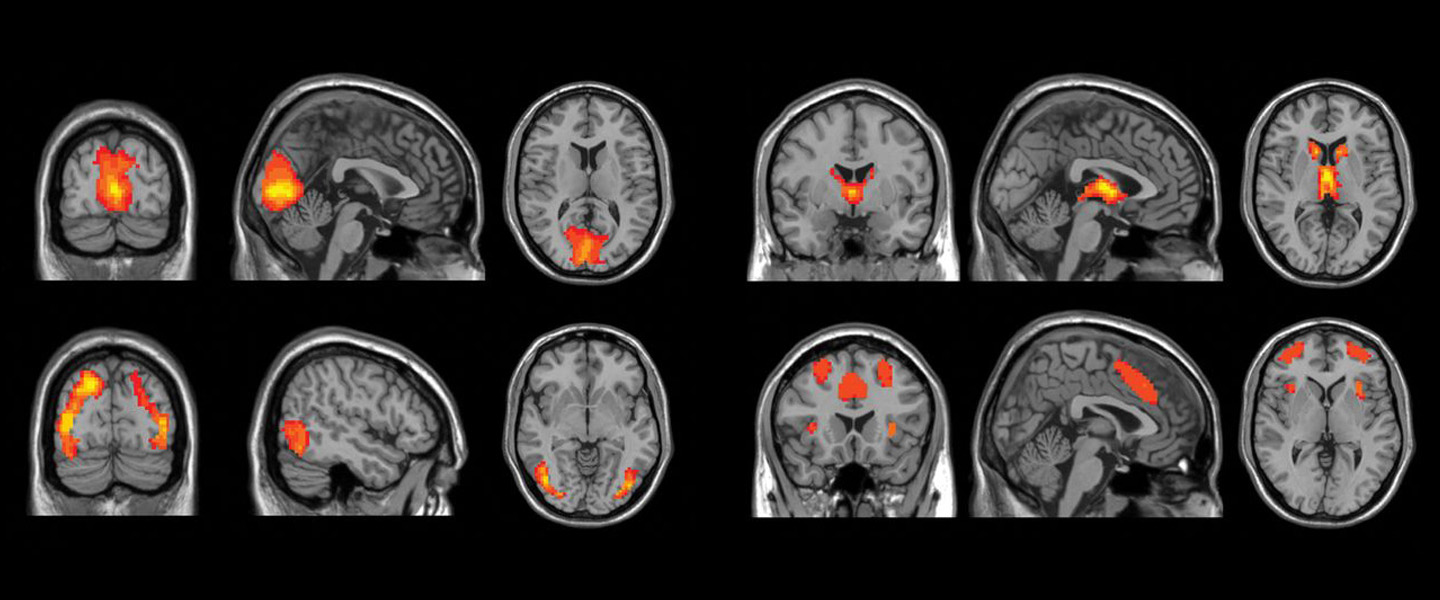In the future, addressing depression may involve a brief brain scan to determine the most effective treatment for each individual.
A recent study on brain activity in people with depression and anxiety has identified six distinct patterns of brain function, symptoms, and responses to treatments.
This research, conducted by teams from the US and Australia, also pinpointed which treatments are likely to be more effective for each identified category.
This could enable doctors to match patients with the most suitable therapies based on their brain activity.
Stanford University neuroscientist Leonardo Tozzi and colleagues discuss in their published paper that the current “one-size-fits-all” diagnostic approach in psychiatry leads to a trial-and-error process in finding effective treatments.
This method is often lengthy, costly, and frustrating, with 30–40 percent of patients not achieving remission after trying one treatment.
The researchers studied 801 mostly unmedicated participants diagnosed with major depressive disorder, generalized anxiety disorder, panic disorder, social anxiety disorder, obsessive-compulsive disorder, post-traumatic stress disorder, or a combination of these. They also included 137 control participants without these conditions.
Functional MRI (fMRI) brain scans were used to measure 41 activation and connectivity metrics for each participant, focusing on six brain circuits implicated in depression.
Scans were conducted while participants were at rest and during tasks involving cognition and emotion.
Machine learning techniques were employed to categorize individuals with depression and anxiety into six groups based on specific brain pathways that were either overactive or underactive compared to controls.
“To our knowledge, this is the first time we’ve been able to demonstrate that depression can be explained by different disruptions to the functioning of the brain,” says senior author Leanne Williams, a psychiatrist and behavioral scientist from Stanford University.
The team then randomly assigned 250 participants to receive one of three antidepressants or participate in talk therapy.

The antidepressant venlafaxine was most effective for one subtype: individuals whose cognitive brain regions were overactive.
Talk therapy was more beneficial for those with heightened activity in brain areas related to depression and problem-solving.
Conversely, those with lower activity in the brain’s attention circuit showed less benefit from talk therapy, suggesting they might gain more from addressing the low activity with medication first.
“To truly advance precision psychiatry, we need to identify the treatments most likely to be effective for patients and initiate those treatments as soon as possible,” says public health scientist Jun Ma from the University of Illinois.
“Having information on their brain function would help tailor more precise treatments and prescriptions for individuals.”
In 2023, the same team identified a new cognitive biotype of depression affecting 27 percent of people with major depressive disorder.
This biotype involves cognitive deficits in attention, memory, and self-control, which are often resistant to serotonin-targeting antidepressants.
Earlier this year, Williams and a colleague used fMRI to identify individuals with this cognitive biotype, predicting remission with 63 percent accuracy compared to 36 percent without fMRI. Research into new treatments for this biotype is ongoing.
Depression is complex, as are the factors contributing to it. It can be challenging for individuals with access to treatment to find an effective option, if they ever do.
Thus, each step towards a more personalized and effective approach is valuable.
“It’s very frustrating to be in the field of depression and not have a better alternative to this one-size-fits-all approach,” says Williams. “The goal of our work is figuring out how we can get it right the first time.”
